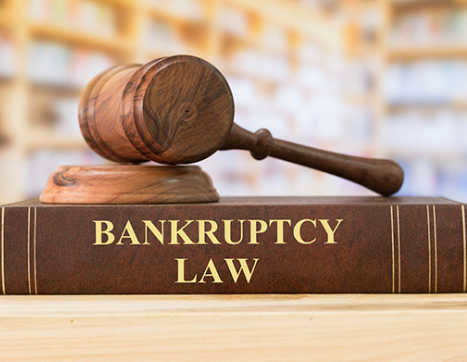
If you are considering filing for Chapter 13 bankruptcy, it can be easy to start getting overwhelmed with the process. Chapter 13 bankruptcy is the perfect way to protect your assets while getting back on track with your finances. If you have access to a steady income, you can develop a payment plan. Rather than having to dive for funds from that payment plan to all of your creditors, the funds that you submit from your bankruptcy plan will all be going towards one source.
The Trustee
A trustee will be responsible for accepting payments on your repayment plan. The usual timeline for a chapter 13 bankruptcy filing is between 3 to 5 years. A trustee is appointed to ensure that your repayment plan complies with bankruptcy laws and they will work to process your plan for repayment as well. The trustee’s goal is to ensure that all reporting is accurate. This means that the statement of your income on the report is accurate, your expenses are accurate, and that you stick to your repayment plan.
Your trustee will be with you each step of the way to ask about reservations on your repayment plan in the process of bankruptcy. They can negotiate with the courts and then follow through with administering the plan. You can sit in a meeting with your trustee and your creditors to have any of your questions answered about the process of repayment. After a meeting between your trustee and creditors, your repayment plan will begin in 30 calendar days. All payments will be sent to your trustee after the agreement is set and your trustee will be responsible for distributing all applicable payments to your creditors.
If you are interested in learning more about the process of chapter 13 bankruptcy contact our team at Bruner Wright today.
This post was written by Trey Wright, a chapter 13 bankruptcy attorney highland in or chapter 13 bankruptcy attorney port st. lucie fl with extensive experience in chapter 13 foreclosure in Tallahassee! Trey is one of the founding partners of Bruner Wright, P.A. Attorneys at Law, which specializes in areas related to bankruptcy law, estate planning, and business litigation.
The information provided on this website does not, and is not intended to, constitute legal advice; instead, all information, content, and materials available on this site are for general informational purposes only. Information on this website may not constitute the most up-to-date legal or other information. This website contains links to other third-party websites. Such links are only for the convenience of the reader, user or browser; the ABA and its members do not recommend or endorse the contents of the third-party sites.







